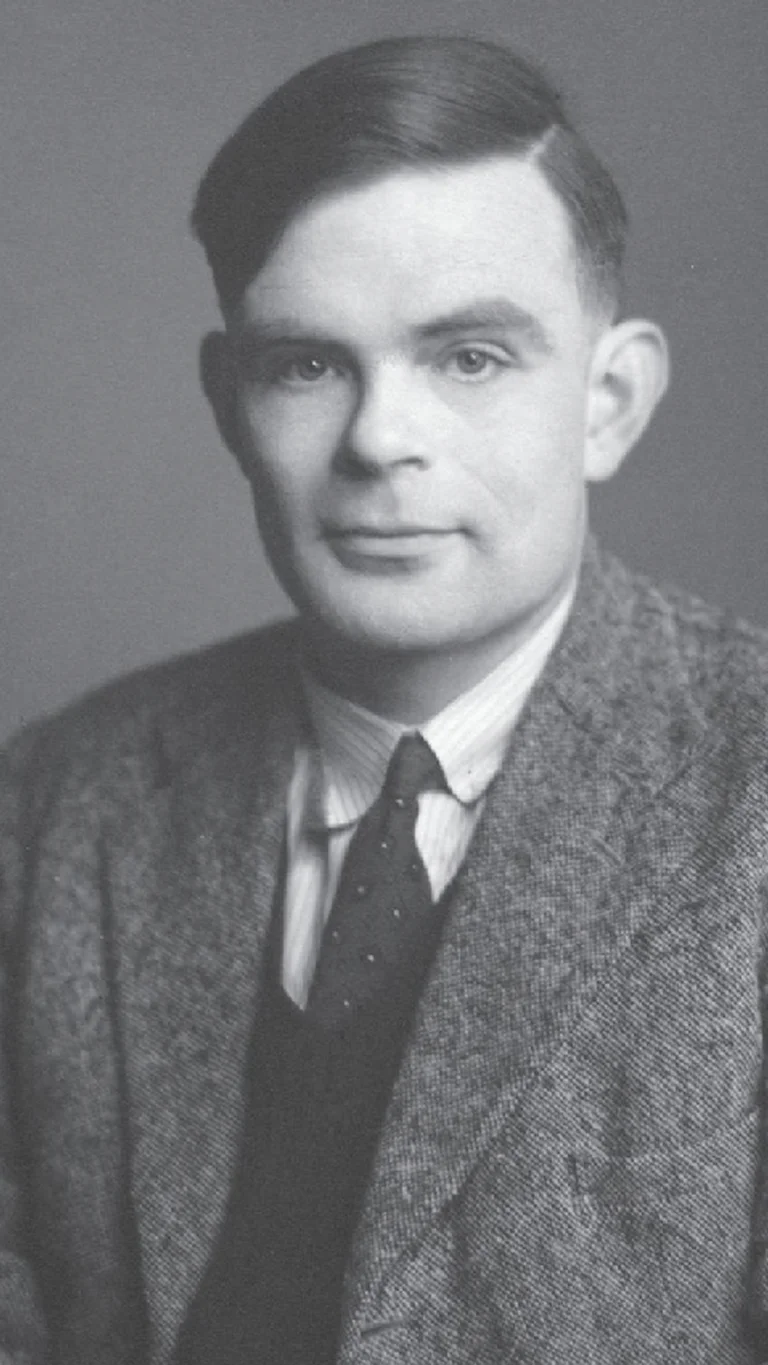
Who was Alan Turing?
Five things you must know about Alan Turing
When Polish multimedia artist and director Łukasz Twarkowski spotlights a mathematician in his new work Oracle, one thing is clear: it's about more than just numbers. Alan Turing was not just a brilliant thinker – he was a man full of contradictions, tragedy and visionary power. Here are five things you need to know about Alan Turing.
1. Alan Turing was a pioneer of modern computing
Long before laptops appeared on our desks, Turing was thinking about machines that could 'think'. In the 1930s, he developed the concept of a universal computing machine – the theoretical basis for every computer today. At the time it was pure science fiction.
2. He shortened the Second World War – with logic
During the war, Turing worked at the top-secret Bletchley Park on decoding the Enigma – an electromechanical cipher machine used by the German military to encrypt its radio messages. The Enigma was thought to be unbreakable: its codes changed daily and there were well over 150 trillion possible settings. However, Turing developed a machine (called a 'bomb') that systematically tried every possible combination – a breakthrough that made it possible to actually break the Enigma. Turing not only saved millions of lives, but probably shortened the war by several years.
„I feel sure that I shall meet Morcom again somewhere and that there will be some work for us to do together, as I believed there was for us to do here.“
3. It all began with Christopher Morcom
Turing's passion for mathematics and logic was more than just a school interest. It was deeply linked to his childhood friend – and first love interest – Christopher Morcom. Morcom's death at the age of 18 plunged Turing into an existential crisis. He began to work intensively on questions of consciousness, the soul and the possibility of thinking machines – personal pain giving rise to one of the most fascinating lines of research of the 20th century.
4. He was persecuted for his homosexuality
Anyone who thinks that Turing was celebrated for his achievements is mistaken. Turing was a homosexual – at a time when homosexuality was a criminal offence in Britain, as it was in many other countries. He was convicted in 1952 and had to undergo chemical castration. The side effects – physical changes, depression, social withdrawal – were devastating. Two years later, Turing died of a cyanide overdose at the age of 41.
5. Turing shapes our present
Voice assistants, smartphones, artificial intelligence – much of this can be traced back to Turing. His Turing test is particularly well known: a machine is considered 'intelligent' if we can no longer distinguish it from a human being in conversation. This question continues to occupy researchers and philosophers around the world today – Turing not only paved the way for our digital present, he also formulated its fundamental questions.